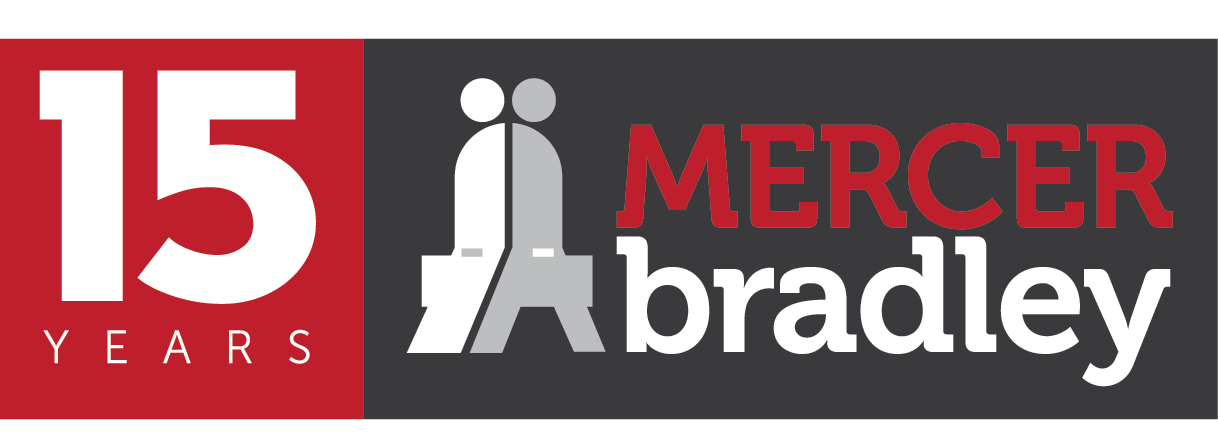Accounting professionals must look beyond the numbers to build their careers and benefit their organizations.. These professionals must nurture various hard and soft skills to support efficient business operations.
Accounting professionals’ abilities to prepare, analyze, interpret, and discuss financial records help their organizations remain compliant with accounting standards and regulations. The value these professionals provide helps organizations grow.
Discover eight skills accounting professionals should nurture for ongoing success.
1. Application of Accounting Standards
Accounting professionals must understand how to apply current & emerging standard accounting principles:
- Examples include Environmental, Social & Governance Reporting (ESG), Accounting Standards for Private Enterprises (ASPE) and International Financial Reporting Standards (IFRS).
- These standards include the principles and procedures to follow when preparing financial statements.
- Understanding how to apply accounting standards supports the consistent recording of financial data.
2. Technological Proficiency
Technological proficiency is required for accounting professionals to fulfill their job duties and responsibilities:
- Software packages, including spreadsheets and word-processing applications, are required to manage general ledgers, reconcile accounts, and generate financial statements.
- Proficiency with QuickBooks, Hyperion Financial Management, and related tools supports work performance.
- Staying updated on enterprise resource planning software and other technologies helps accounting professionals provide additional value for their clients and employers.
- Automation, AI and business analytic tools.
3. Organization
Organization helps accounting professionals follow reporting guidelines and meet deadlines. These professionals can document their work while managing the finances of multiple departments or clients.
4. Time Management
Time management is essential for accounting professionals:
- Accounting professionals must work on multiple projects at once and meet deadlines.
- Effective prioritization of tasks helps provide results.
- Properly planning projects and tasks helps maintain work-life balance.
5. Data Analysis
Data analysis fulfills a range of accounting duties and responsibilities:
- Reading and interpreting data and figures
- Preparing financial reports
- Consistently providing accurate results
6. Critical Thinking
Critical thinking is required to thoroughly and objectively consider accounting issues and solve problems. This process involves using data to make decisions and recommendations.
7. Problem-Solving
Problem-solving lets accounting professionals recognize problems, determine possible solutions, and select the most effective one. This process is beneficial for various duties:
- Advising on tax payable
- Reconciling control accounts
- Uncovering why accounts are not balancing
- Improving record-keeping methods
8. Communication
Communication lets accounting professionals clearly express themselves:
- Accounting professionals use verbal and written communication to interact with other financial professionals, managers, supervisors, company leaders, clients, and other stakeholders.
- These professionals can observe situations, actively listen, and empathize with problems.
- Written communication skills are required to create financial reports.
- Verbal communication skills are needed to explain the financial reports, detail how they impact a department or individual, and make recommendations.
- Accounting professionals must share and implement feedback to improve team and individual performance.
Find Top Accounting Professionals and Jobs in Manitoba
Whether you are looking to hire accounting professionals or find a new accounting job in Manitoba, Mercer Bradley can help. Contact us or visit our job board today!





Leave a Reply